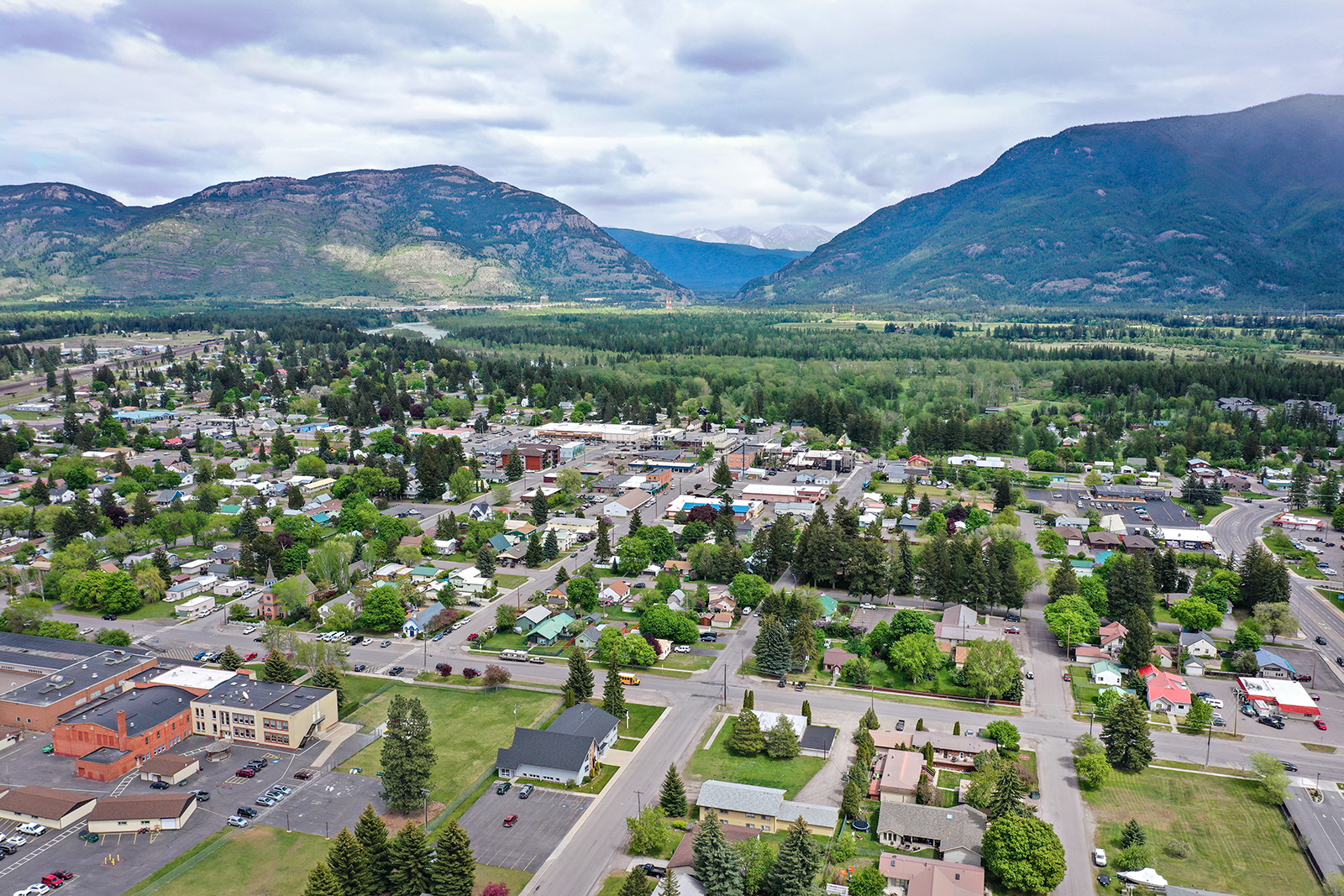A group of Columbia Falls landowners and others in the Flathead who oppose a new subdivision east of the city have filed a lawsuit seeking to reverse approval of the preliminary plat.
The lawsuit filed by the Upper Flathead Neighborhood Association, Water for Flathead’s Future and Citizens for a Better Flathead in Lewis and Clark County District Court on Sept. 30 against the state Department of Environmental Quality alleges it violated the Montana Water Quality Act.
The proposed subdivision, located east of the Flathead River outside Columbia Falls, would include a 48-home subdivision proposed on 32.5 acres of land, as well as 30 resort cabins on adjacent property.
Called “The Benches Project,” the tract is located off Highway 2, between the Flathead River Bridge east of town and Columbia Heights, and the homes would be serviced by individual septic systems.
“Montanans have a constitutional right to a ‘clean and healthful environment,’ requiring state agencies to be proactive in both identifying troublesome water pollution trends and in taking steps to control pollution that is degrading our waterways,” said Mayre Flowers, co-chair of Citizens for a Better Flathead, in a statement. “With the Benches subdivision, DEQ continues to rubber-stamp new developments that exacerbate ongoing water pollution challenges instead of protecting the public’s right to clean water and informed decision making.”
Neighboring property owners spoke in opposition to the proposal at both planning board and city council meetings in 2019, citing concerns over the encroachment of the development on the wetlands in the area, increased traffic and the potential problems with the septic systems.
At the meeting, several members of the council took issue with the original proposal that called for 30 rental cabins, with one calling it a “planned commercial enterprise in a residential area.” That part of the development was denied.
Mayor DonaldBarnhart, who has experience in excavating and septic systems, was concerned about the large number of septic systems close to the river, saying “we may regret it in the end.”
Ultimately, the council approved the preliminary plat with a condition that the developers show DEQ they can comply with septic and water regulations and obtain permits from those agencies prior to receiving the final plat.
In February 2020, DEQ issued a finding of non-significance for the project, concluding it would not impact local water resources and in January 2021 approved the plat.
In December of 2020, the Upper Flathead Neighborhood Association (UFNA) submitted a formal letter to DEQ expressing its concerns over potential negative impacts to water resources stemming from the septic systems and the lack of public participation in DEQ’s decision-making.
The complaint states DEQ “did not independently determine the Project’s groundwater data, but rather relied on values provided by the applicant” and “failed to provide any analysis of the Project’s proposed sewage treatment systems’ potential impact on surface water,” prompting UFNA, along with Citizens for a Better Flathead, to hire hydrogeologist Dr. Willis Weight of Carroll College to investigate the property’s water resources and file a report challenging DEQ’s decision-making process.
“DEQ is doing a disservice to all Montanans and our waterways by failing to do a thorough job of reviewing new sprawling developments for proper water pollution controls,” said Shirley Folkwein, chairperson of UFNA. “[It is] forcing citizens to hire experts to do the work we expect DEQ to do to protect our ‘clean and healthful environment’ that is guaranteed by our Montana Constitution.”
The plaintiffs seek to void and declare illegal DEQ’s decision.
